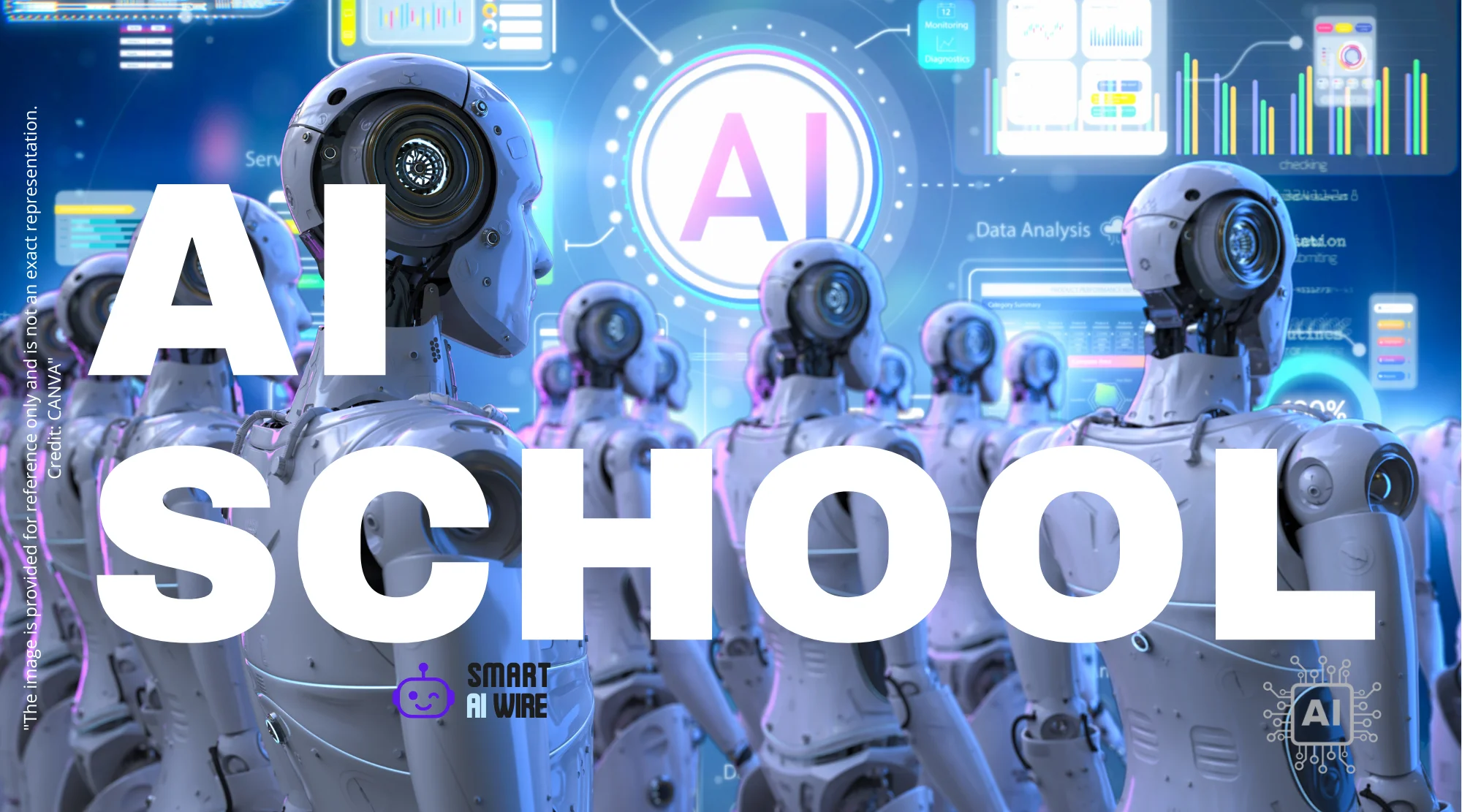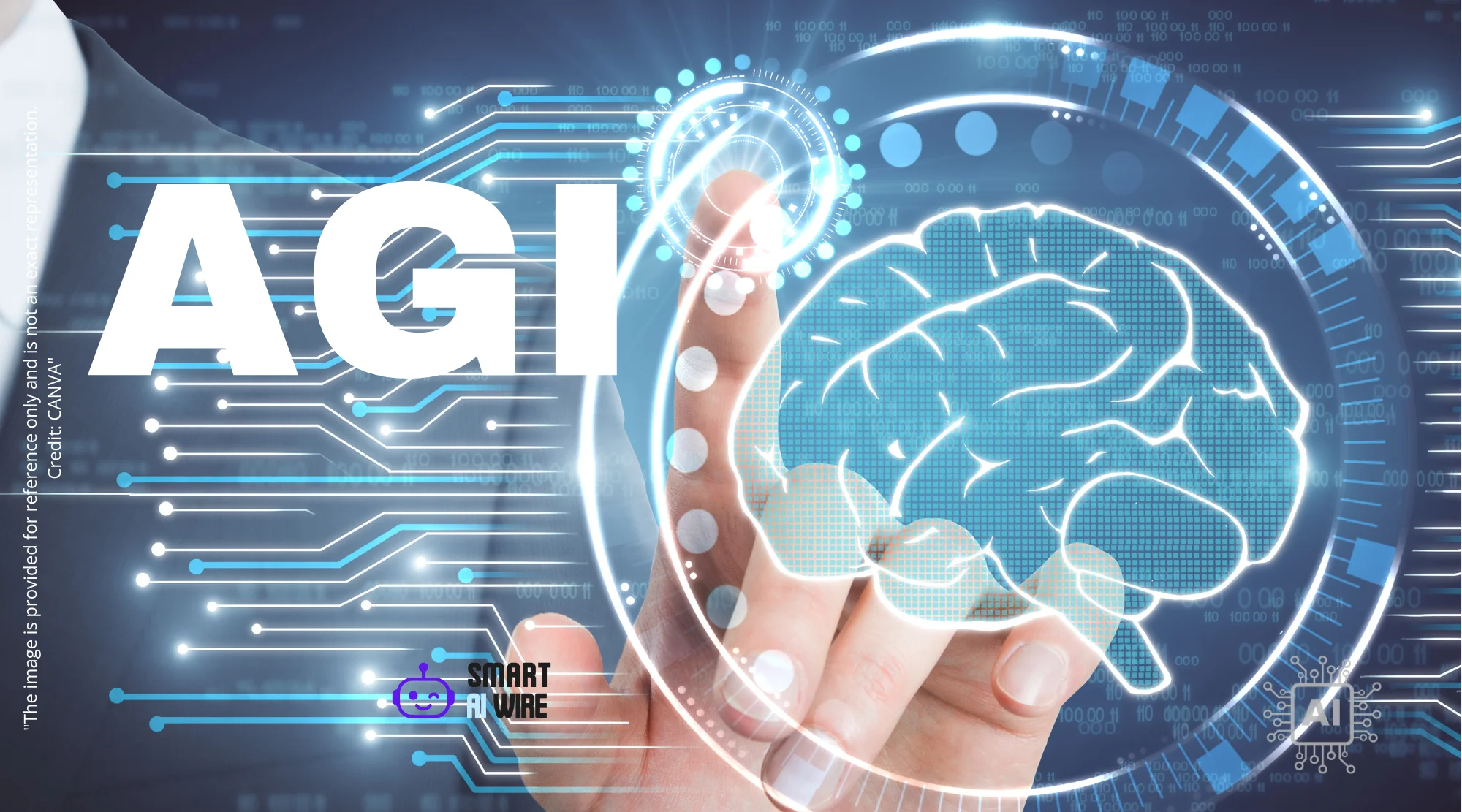Revolutionizing Education: How AI Schools are Shaping the Future
The rise of artificial intelligence is rapidly transforming industries, and education is no exception. Innovative AI schools are emerging, promising to equip students with the skills and knowledge necessary to thrive in an AI-driven world. These institutions are not just teaching about AI; they are integrating it into every aspect of the curriculum, creating a learning environment that is both cutting-edge and deeply relevant. This article explores how AI in education is evolving and whether these pioneering schools represent the future of US education and beyond.

The Core Curriculum: More Than Just Coding
These AI-focused schools are taking a holistic approach to education. While coding and technical skills are certainly important, they are not the sole focus. Students are also learning about the ethical implications of AI, the importance of critical thinking, and the need for creativity and innovation. This multifaceted approach aims to develop well-rounded individuals who can not only understand and utilize AI, but also shape its future in a responsible and meaningful way. The curriculum also emphasizes prompt engineering, teaching students how to effectively communicate with AI systems to achieve desired outcomes.
Personalized Learning with AI
One of the most exciting aspects of these new AI schools is the potential for personalized learning. AI algorithms can analyze student performance data to identify areas where they are struggling and tailor the curriculum accordingly. This allows students to learn at their own pace and receive individualized support, maximizing their potential. AI-powered tools can also provide students with instant feedback on their work, helping them to identify and correct errors more quickly. This personalized approach to learning is particularly beneficial for students with diverse learning styles and needs. Learn more about how to master AI communication through The Art of Prompt Engineering: Mastering AI Communication.
Preparing for an AI-Driven Job Market
The job market is rapidly evolving, with many traditional roles being automated by AI. These AI schools are preparing students for the future of work by equipping them with the skills and knowledge that will be in high demand. This includes not only technical skills like coding and data analysis, but also soft skills like critical thinking, problem-solving, and creativity. By focusing on these skills, AI schools are ensuring that their graduates are well-positioned to succeed in the AI-driven economy. It’s crucial for students to understand that not all jobs will be displaced; see AI-Proof Careers: Bill Gates on Jobs AI Can’t Replace for insight.
Ethical Considerations and Responsible AI Development
These schools also place a strong emphasis on the ethical considerations surrounding AI development and deployment. Students are taught about the potential biases in AI algorithms, the importance of data privacy, and the need for transparency and accountability. This ensures that they are not only skilled in AI, but also aware of the potential risks and responsibilities that come with it. By fostering a strong sense of ethics, these schools are helping to shape the future of AI in a way that is both beneficial and responsible.
Challenges and Opportunities
Despite the promise of AI schools, there are also challenges to consider. One of the biggest challenges is ensuring that these schools are accessible to students from all backgrounds. AI education can be expensive, and it is important to ensure that low-income students are not left behind. Another challenge is the need for qualified teachers who can effectively teach AI concepts. As AI is a rapidly evolving field, teachers need to be constantly learning and updating their skills. However, overcoming these challenges presents an opportunity to democratize AI education and create a more equitable future.
The Broader Impact on Education
The rise of AI schools is not just about preparing students for the AI-driven job market. It is also about transforming education itself. AI-powered tools can be used to personalize learning, automate administrative tasks, and provide students with access to a wealth of information. By embracing AI, schools can create a more engaging and effective learning environment for all students. As AI becomes more integrated into education, it is important to ensure that it is used in a way that promotes critical thinking, creativity, and collaboration. See how AI is transforming learning in AI in Education: Reshaping the Future of Learning.
Beyond the Classroom: AI in the Real World
AI schools often incorporate real-world projects into their curriculum, allowing students to apply their knowledge to solve practical problems. This not only helps students to develop their skills, but also gives them a sense of purpose and accomplishment. By working on real-world projects, students are able to see the impact that AI can have on society and are motivated to use their skills for good.
A Glimpse into the Future of Learning
AI schools offer a glimpse into the future of education, where technology is used to personalize learning, enhance teaching, and prepare students for the challenges and opportunities of the AI-driven world. While there are challenges to overcome, the potential benefits of AI education are enormous. By embracing AI, schools can create a more engaging, effective, and equitable learning environment for all students. As AI continues to evolve, it is important to stay informed and adapt our education systems accordingly.
In conclusion, the emergence of AI schools signals a significant shift in how we approach education. These institutions are not just teaching about AI; they are embodying its principles to create a more personalized, relevant, and future-focused learning experience. While challenges remain in ensuring accessibility and quality, the potential for AI to revolutionize education is undeniable. By embracing these innovative approaches, we can equip the next generation with the skills and knowledge they need to thrive in an increasingly AI-driven world.



